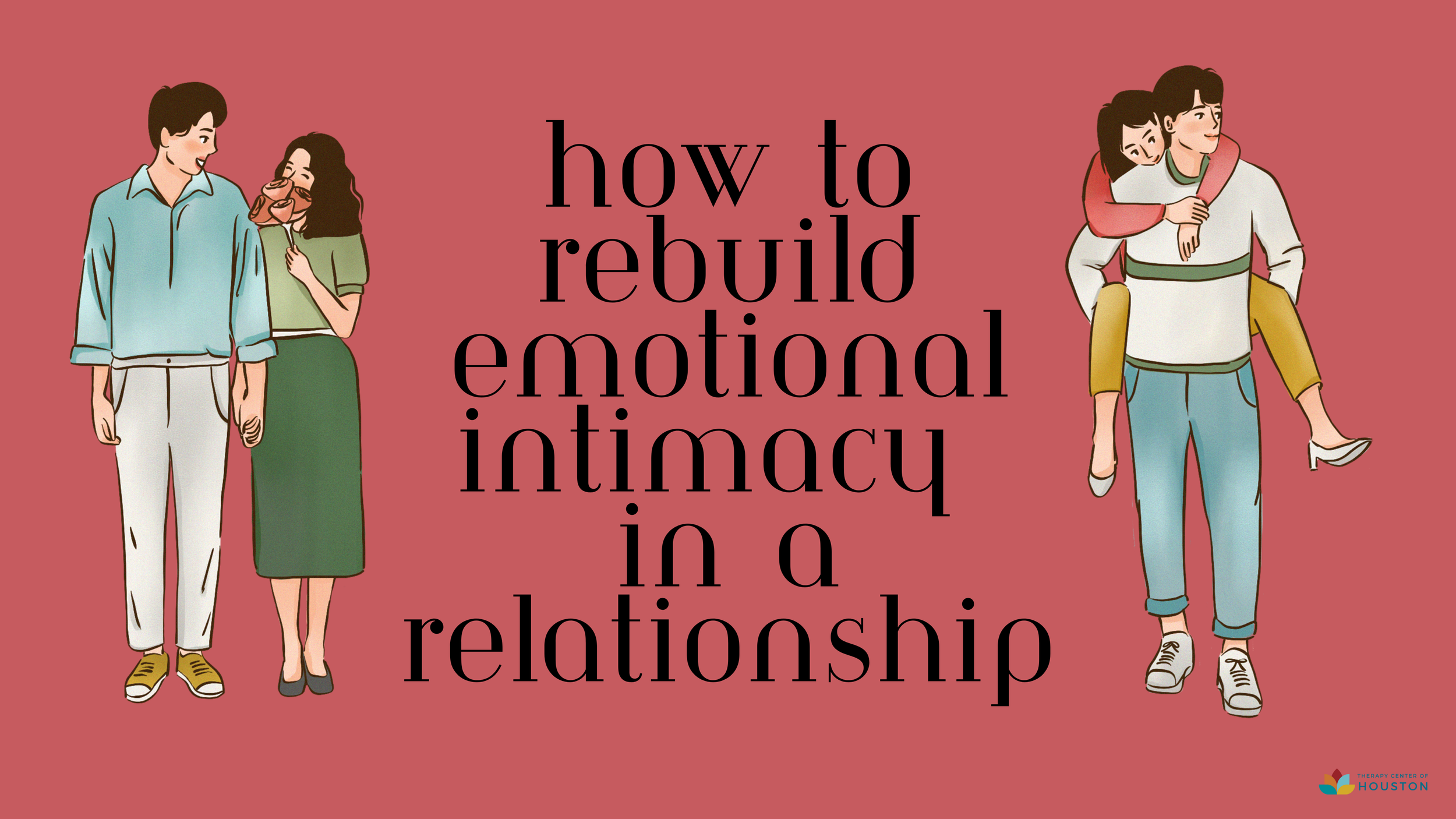How to Rebuild Emotional Intimacy in a Relationship
When in a relationship it is hard to look at others outside of your relationship and think that they could be going through the same thing. But nobody’s relationship is perfect. It is not uncommon to lack physical, sexual, or emotional intimacy in romantic relationships. You and your partner may be finding it harder to confide in each other than it once was. Or you might feel as though you are super disconnected despite spending a lot of time together. It is understandable and part of the normal human experience. It is how you and your partner choose to deal with these issues that affect the future of your relationship. Building emotional intimacy doesn’t have to involve major changes. Small adjustments to your attitude and routine can have a positive impact on your relationship.
Express gratitude
When couples spend a lot of time together, it can sometimes be easy to fall into a routine of expecting a lot from our partner. A simple way to make sure your partner knows you appreciate everything they do for you is to express your gratitude for the little things. This goes beyond saying I love you, but even just a simple “thank you” shows that you care and acknowledge how they have helped you, helping to build a deeper connection between you and your partner.
Try something new together
It is easy to fall into the same routines and start to feel stuck. Trying brand new experiences can help to keep this from happening. Doing new activities together helps rekindle closeness in long-term romantic partners. It can be something simple like going to someplace in the city you have never been to before, or trying a new restaurant. The key is to find something new that is enjoyable for both of you. Trying new thing together give you something new to connect on and more shared experiences.
Practice non-judgemental listening
Feeling unheard and unseen can be one of the most hurtful things to feel, especially in a romantic relationship. Taking the time to make sure your partner knows you hear them during a conversation, will bring you closer together. It is important to ensure that you are listening and understanding that your partner just wants someone to vent to and isn’t looking for a solution. When offered solutions when trying to vent it can often feel as though you are being judged, and the last person anyone wants to be judged by is their romantic partner.
Non-judgmental listening can include:
Nodding and maintaining eye contact while your partner is speaking. This tells them that they have your full attention.
Not turning the conversation towards yourself. Use more clarifying questions to show them you are engaged, rather than trying to relate yourself to their problem. Sometimes even though we think we are being relatable, to the other person it can feel like we are making the situation about ourselves.
Finally, leaving room for silence. Staying silent and giving your partner the time and space to continue speaking will encourage your partner to share more deeply, allowing you to understand them more fully and create a better bond.
Starting with some of these simple tasks can create a domino effect that sparks closeness throughout your relationship allowing you to understand your partner fully and creating a special bond that in turn encourages more and more intimacy in your relationship. Although nothing can make a relationship perfect, giving yourselves room to express yourself and understand your partner, will make the problems that used to seem so big feel small in comparison. If you still feel like your problems are big, no matter how hard you try with your partner, it is okay to seek outside help.
If your and your partner’s lack of intimacy is a recurring problem, you may seek a therapist for further support. You may want to use couples counseling to practice effective communication and work on underlying issues. Or attend individual therapy to process emotions related to intimacy and gain insight as to why that is difficult for you. Either way, therapy will help you to practice strategies to connect more closely with your partner.
To learn more check out our couples counseling page and check out our team page to meet our couples counselors:



